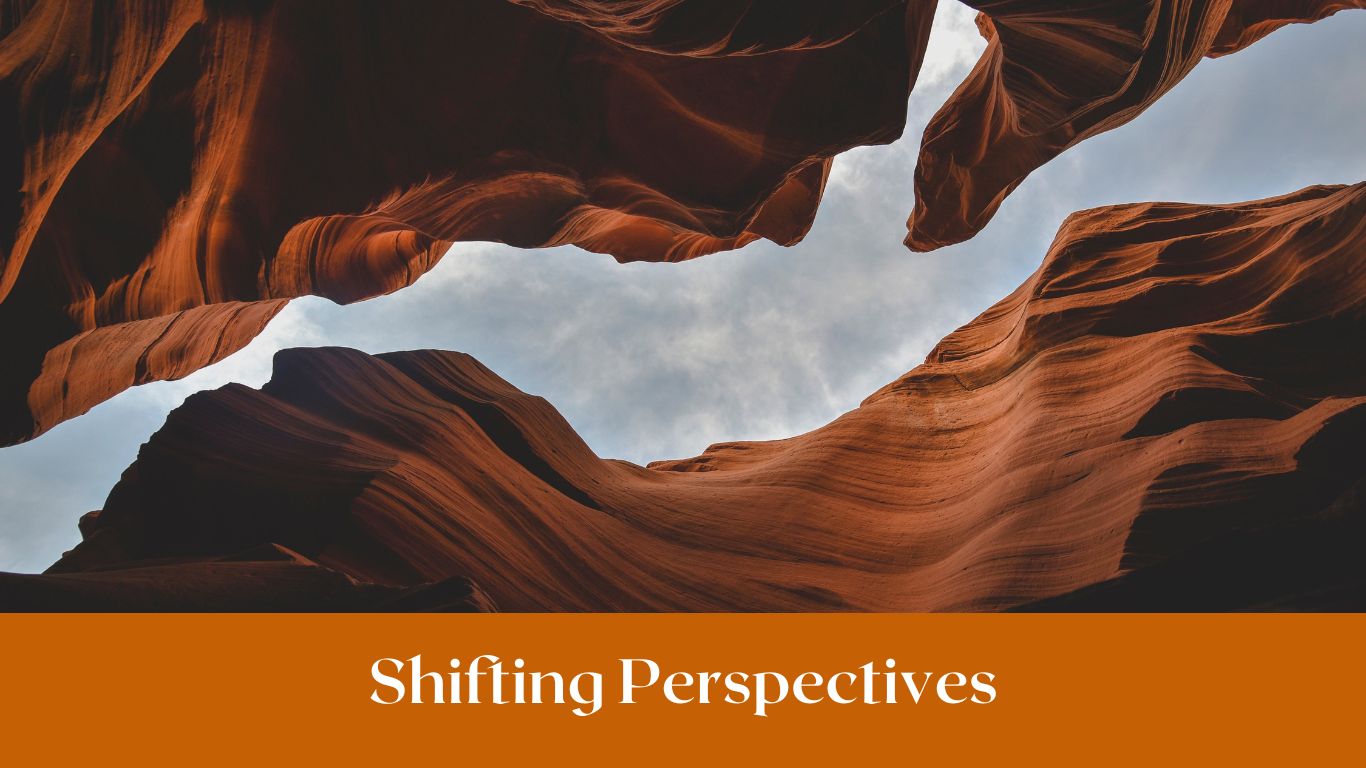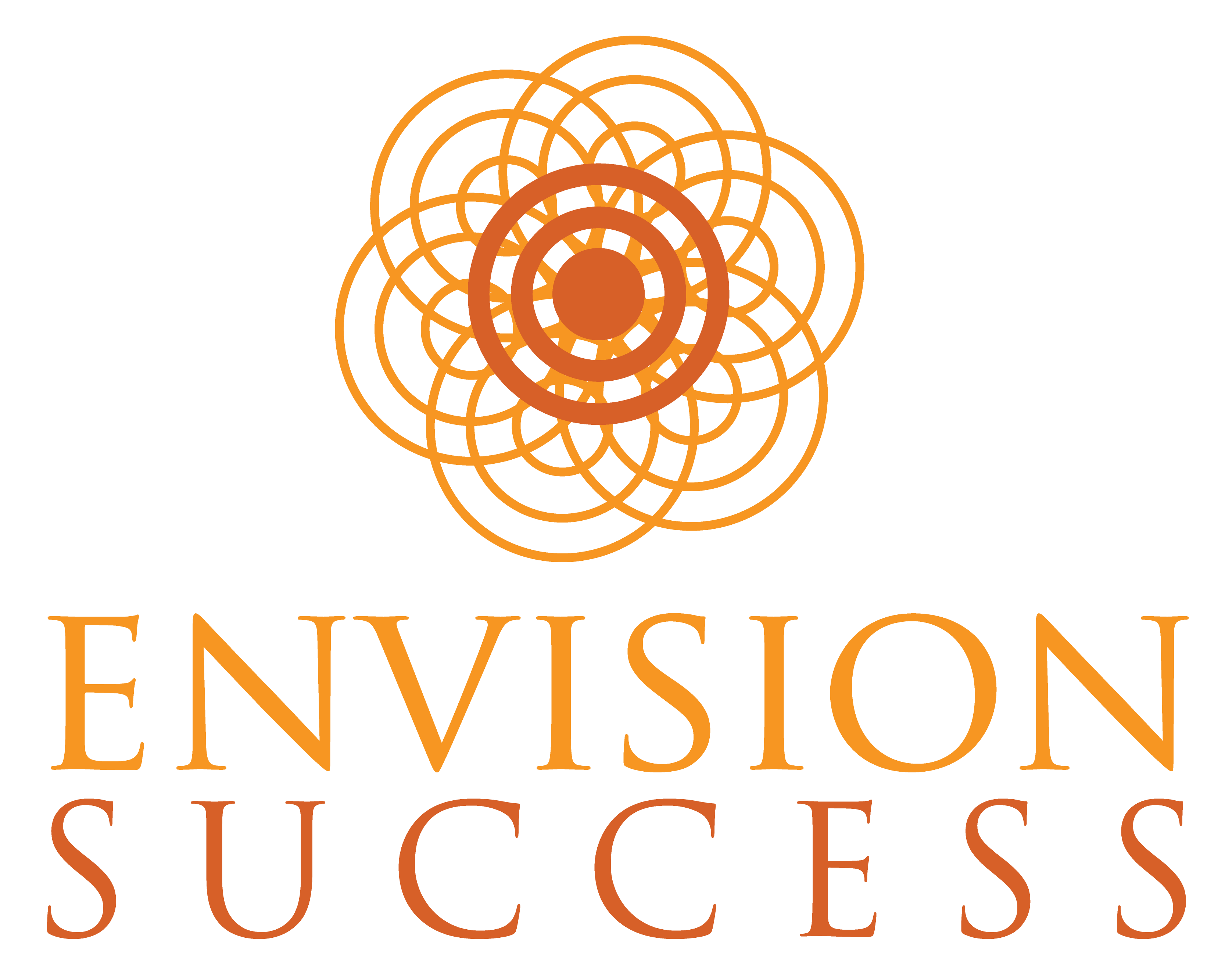Shifting perspectives will transform results! Most people are operating with a somewhat myopic lens, seeing situations from a limited perspective, and keeping them frustrated. Why don't more people step back and reassess from a fresh perspective, a "40,000 foot view," especially when they know things could be better?

This blog will offer a glimpse into my personal journey... While it’s rooted in my story, my intent is for you to walk away with practical insights or thought-provoking ideas—tools to help you navigate your own challenges, think more deeply, or perhaps see things from a fresh perspective.
My nearly 90-year-old mother recently told me, quite bluntly, that my "Switzerland attitude" was becoming rather annoying. While she wasn't referring to anything political—nor do I want to delve into the complexities of Switzerland’s neutrality—her remark made me pause and reflect on what it might reveal about me.
What was it about my ability to see all sides of a thing that is different?
Share with a friend!
I’ve always felt that I see the world differently than most people.
Perhaps I'm not alone in this feeling; maybe others have moments when they sense they're not entirely in sync with those around them. Yet, even so, I can’t help but feel like something about the way I process life makes me, in some ways, a bit of an ‘odd duck.’
Looking back over the many decades of my life, it’s clear that this tendency to view things through a unique lens isn’t something new. In fact, it’s been an inherent part of who I am for as long as I can remember. As I’ve matured and moved through different stages of life, this "unique way of seeing things" has shown up in various forms.
Can anyone learn to think like an "odd duck" with a uniquely valuable way of seeing things?
In my younger years, I was often more headstrong in my opinions, convinced that my perspective on a particular issue was the right one. Can you relate?
I held firmly to my beliefs, certain that my way of thinking was indisputable—until, of course, I was faced with a question or comment that I couldn’t easily counter or support.
Those challenges would send my mind into overdrive as I scrambled to find any support that could defend my position or rethink my position. The more often those situations occurred, the more I realized how much I disliked being caught off guard and left "holding the bag."
As a result, I became more careful about expressing my position until I had gathered more information and could identify any potential weaknesses in my argument.
I became very intrigued in why people think, do, and say the things they do...
I learned that the only thing I could control was my response to what others did and/or said.
Questions and reflection soon became a fascinating pursuit for me.
I started viewing things from a 40,000 foot view perspective, then zooming in for a closer look, only to step back and reassess from a broader vantage point once again. AND…I wondered (and I still do wonder!) why more people don’t adopt this strategy.
For me, it became second nature to ask more questions, whether spoken aloud or silently contemplated in my mind.
Why don't more people step back and reassess from a broader perspective, especially when they know things could be better?
Throughout my career, I’ve worked in many different companies and industries, and in each one, I found myself envisioning a kind of holographic board, with pieces I could strategically move around as I sought the most effective ways to improve processes within the organization.
My interest in the coaching industry was sparked in my early twenties when I was introduced to assessment tools while working at Selection Research, Inc., founded by Donald O. Clifton, which later acquired Gallup Inc. You may be familiar with their StrengthFinder assessment. The DISC model of Human Behavior (as discussed in my previous blog series) and The Six Types of Working Genius are assessments that have deepened my understanding of why I think and process information the way I do.
Share with a friend!
I’ve realized that many of us tend to view things through a somewhat myopic lens, seeing situations from a limited perspective.
While there are times when this focused view is necessary, it often feels like it’s our default mode, the natural fallback we revert to most of the time.
The problem is it's very LIMITED.
A myopic viewpoint is keeping a lot of people stuck in frustration.
Unfortunately, it may not be easy to adopt the 40,000 foot view approach; you might be met with a blank stare, as if others are caught in the headlights. However, this only reinforces for me that there is a real need for this approach.
Regardless of how unnatural it may feel at first, it is WORTH pursuing! There are creative solutions available when you purposefully shift your perspectives. It is a valuable tool for transforming results.
If you'd like some guidance on adopting a broader perspective, opening you up to greater possibilities...let’s connect and explore the value for you in your professional an/or personal life.
